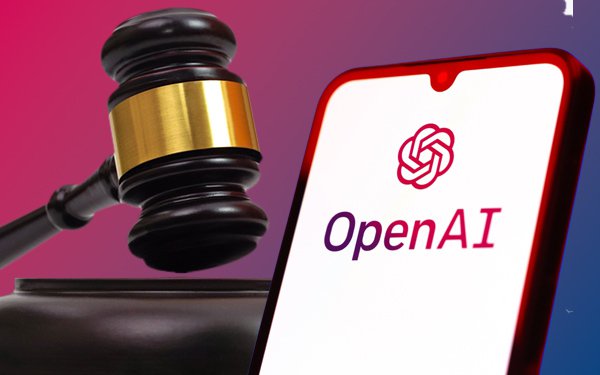
OpenAI has been sued for alleged copyright infringement
by several publishers, and the cases are dragging on. But the firm may be on the verge of winning a trademark suit in which it is itself the plaintiff.
U.S. Judge Yvonne Gonzalez
Rogers is leaning toward granting OpenAI a victory in its case against Open Artificial Intelligence, stating that the defendant made a false representation to the US Patent and Trademark Office in its
application, Bloomberg Law reports.
The case centers on the question of whether Open Artificial Intelligence utilized the name “Open AI” in
commerce.
Publishers thinking of doing business with either firm might well explore the backstory.
The lawsuit initially was filed in 2023.
“OpenAI
brings this lawsuit to stop Defendants from confusing the millions of users of OpenAI’s products into mistakenly believing that Defendants have any connection to, association with, or
sponsorship by OpenAI when, in fact, there is none,” OpenAI claimed in the complaint filed in 2023. “Defendants unlawfully adopted the name ‘Open AI’ after OpenAI began
operations, evidently to sow consumer confusion by falsely associating themselves with OpenAI.”
advertisement
advertisement
However, in arguing against a summary judgment against it in the case, Open
Artificial Intelligence offered this chronology:
“On December 11, 2015—nearly nine months after (founder Guy) Ravine began using the Open AI branding in connection with his
Initial Collaboration Tool, website and pitches, and had spent over $50,000 on his initiative—Altman, Brockman, and Musk publicly announced that they were forming “OpenAI,
Inc.”
That very day, Ravine filed an application to register the Open AI mark, thus preventing OpenAI from trademarking the name. But OpenAI has argued that Ravine and company did
not actually use the name in commerce. It all comes down to: Who was first?
During a hearing in Oakland, California, Open Artificial Intelligence’s counsel, Laura Chapman argued that the
case should be tried before a jury because of a dispute about intent. Rogers replied, “What would be the intent if not defrauding, if you copy and paste something that doesn’t exist and
say that it does?,” according to Bloomberg Law. “No other explanation is reasonable, other than you’re trying to get this thing quickly and so you deceive.”
At deadline, Rogers had not ruled, but said “I have what I need” in concluding the hearing, Bloomberg Law continues.
The case is on file with the U.S. District
Court for the Northern District of California, Oakland division.